Research
The Institute supports all scientific investigation involving computational methods such as simulation, modeling, machine learning and artificial intelligence. Our faculty represent a number of key areas in computational health sciences - spanning the spectrum of inquiry from biological mechanisms to clinical practice to population health.
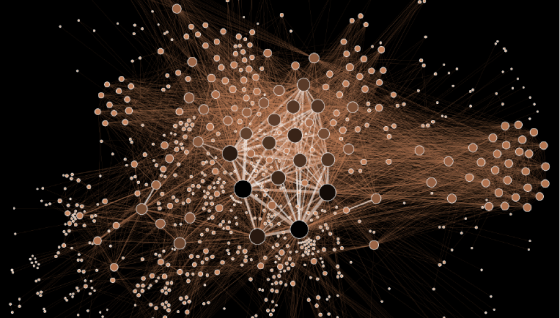
Using computational simulation and visualization to understand the behavior of complex biological systems and networks.
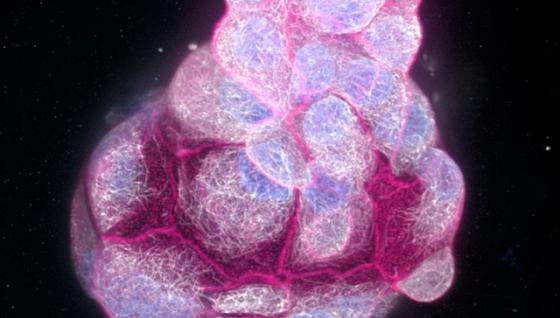
Developing medical models that propose the customized care of each cancer patient.

Using the wealth of clinical and phenotypic data to uncover new knowledge relating to health and disease.
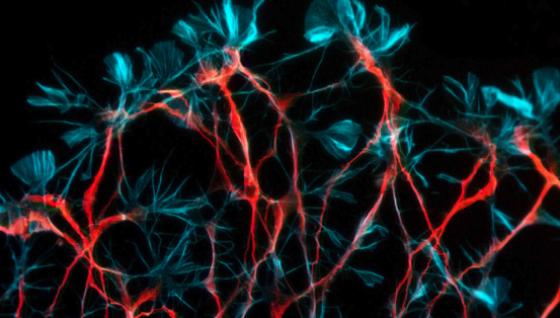
Using computational methodologies to understand the organization and information processing of neural systems.
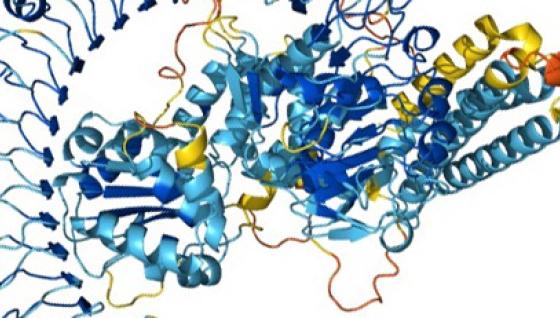
Using computational methodologies to analyze large genomic and proteomic data sets, design molecular tools to probe cellular function, integrate data, and predict complex cellular processes – all in order to achieve a systems-level understanding of human disease.
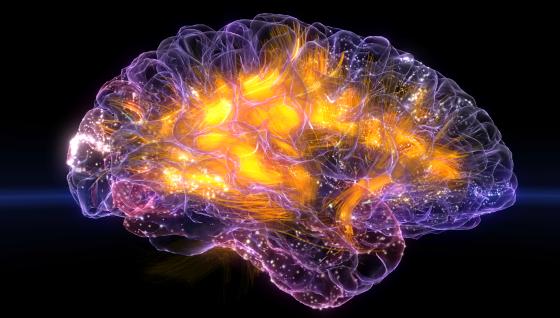
Applying powerful computational algorithms that emulate the human mind – driving innovation in research and medical practice.
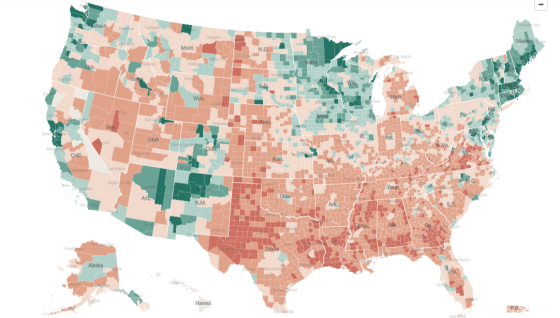
Establishing connections between molecular discoveries and population health
See here for more about Precision Public Health initiatives at UCSF [LINK no longer valid]
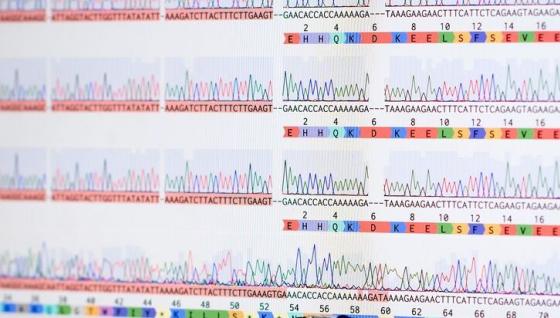
Measuring and studying sets of biomolecules – from genomes to proteomes to microbiomes – of value in health monitoring, preventive measures and precision medicine.